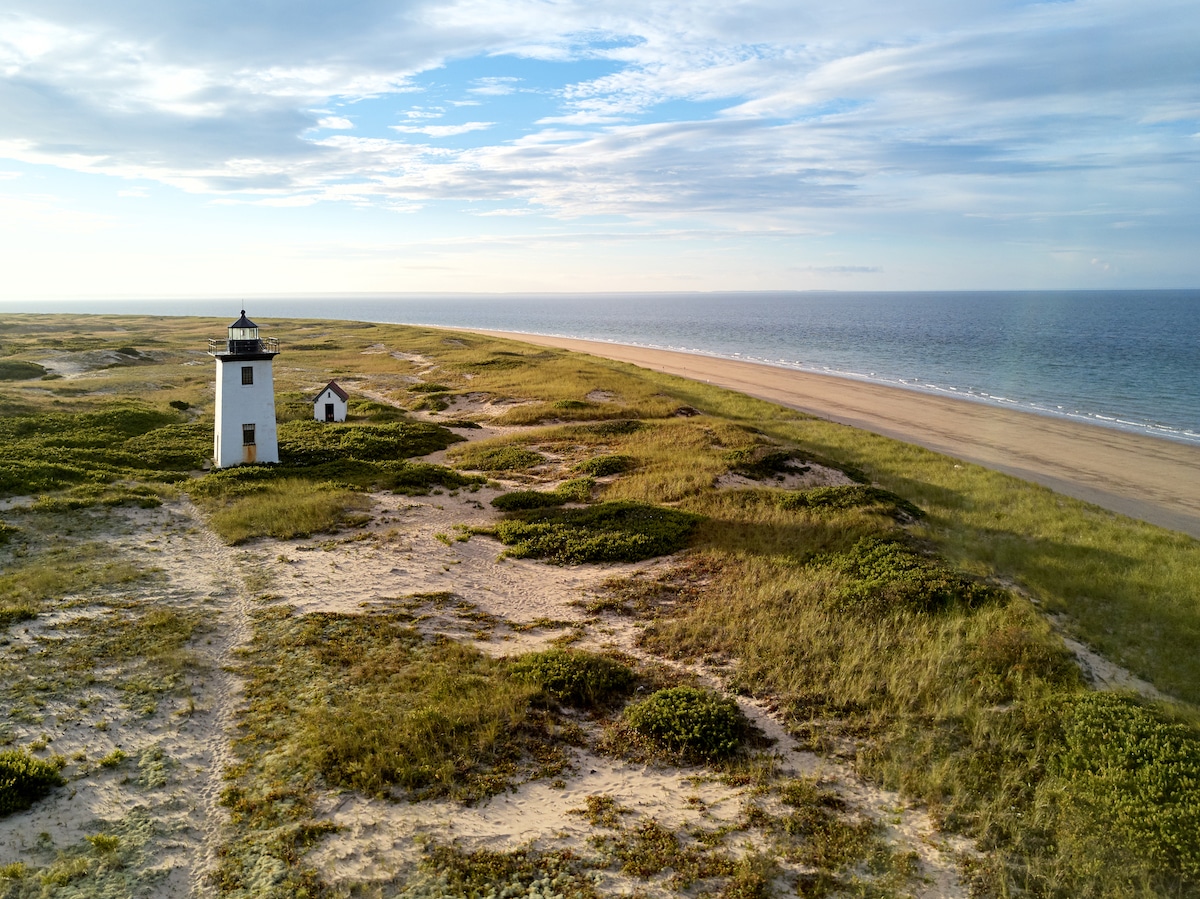As Cape Cod’s tourist season gets underway, there’s uncertainty after shark attacks — including Massachusetts’ first fatal assault given in 1936 — rattled beachgoers’ final year and sparked a still unresolved debate about how the holiday vacation spot should respond.
Among the questions on many minds this Memorial Day excursion weekend are: Will there be extra attacks? Will the place’s billion-dollar tourism economy take a hit as scared beachgoers live away? And is there anything that can be done to make the ocean safer?
At Longnook Beach in Truro, wherein a New York man was badly mauled by a shark but survived on Aug. 15, resident Beckett Rotchford said he’d likely skip the boogie boarding this summertime and stick to swimming at lifeguard-monitored beaches instead of extra secluded stretches of sand like Longnook.
 “That’s their habitat. We can’t limit their capacity to swim,” Rotchford said as he walked alongside the shore with his canine companion. I think we can coexist; however, now and then, attacks happen. It’s simply the truth.”
“That’s their habitat. We can’t limit their capacity to swim,” Rotchford said as he walked alongside the shore with his canine companion. I think we can coexist; however, now and then, attacks happen. It’s simply the truth.”
At Newcomb Hollow Beach in Wellfleet, 26-year-vintage Arthur Medici was killed by a shark even as boogie boarding on Sept. 15; Brewster resident Leslie Young said she’d be open to some restricting the seal populace that attracts the sharks within the first area. Town officials are analyzing several debatable measures, such as administering birth control to seals or outright culling them.
But Young’s niece, Ashley Frisbee, wasn’t so certain.
“That’s ridiculous. The sharks are those feeding on them,” the 25-12 months-old Oklahoma City resident stated of the seals. “They shouldn’t be punished.”
Frisbee stated that she waded into the ocean earlier in the week and said she would have ventured out farther had the water not been so chilly.
“I’d genuinely be careful,” she stated while her family paused at an informal memorial to Medici at the top of the sandy course down to the seaside. “I wouldn’t swim farther out than everybody else at the beach; however, I wouldn’t forestall swimming.”
Lifeguards won’t be out at Cape Seashores till late June. The modest protection measures promised by local officials — such as supplying new emergency call boxes and clinical kits stuffed with tourniquets and different lifesaving gadgets at seashores — received’t be up and jogging till then at some of the seashore officials say that not having those measures in the vicinity for the beginning of the seaside season isn’t unreasonably.
The variety of brilliant white sharks doesn’t peak until approximately August. However, they start migrating into the area in late May and early June, stated Megan Winton, a staff scientist with the Atlantic White Shark Conservancy, a nonprofit group based at the Cape that has been studying the neighborhood populace for years.
A broad look at extra highly-priced and controversial shark protection measures, in the meantime, won’t be complete until after this seashore season. And even then, there’s no guarantee that any steps can be adopted. At least one city has already voted on and rejected a proposed shark barrier.
Local officials need to do more to make beachgoers feel secure in any other case, the area’s tourism economy will go through, said Eastham homeowners Alison and Isabel Cossar as they were comfy on Newcomb Hollow Beach. The sisters stated that rental property proprietors are already experiencing greater vacancies than ordinary, a probable signal that tourists are staying away over shark issues. The London citizens say their Cape Cod property is commonly fully booked through summer; however, it still has about four weeks’ worth of openings.
“It’s the worst we’ve ever seen,” said Alison Cossar.
Ryan Castle, CEO of the Cape Cod & Islands Association of Realtors, said rental bookings on Cape Cod are down approximately 10% to 15%. However, he argues this has more to do with the country’s new tax on short-term home leases, which takes effect this summer.
“There are a few worries about sharks from traffic, but it’s far sincerely secondary to the new taxes,” he said. “It is a sticky label surprise. It’ll take time for the market to regulate.”
Concerned citizens also know that visits to Cape Cod National Seashore beaches dipped from 4.7 million trips in 2016 to 3. Nine million in 2018, the second consecutive year of declines, in step with facts from the Cape Cod Chamber of Commerce.












